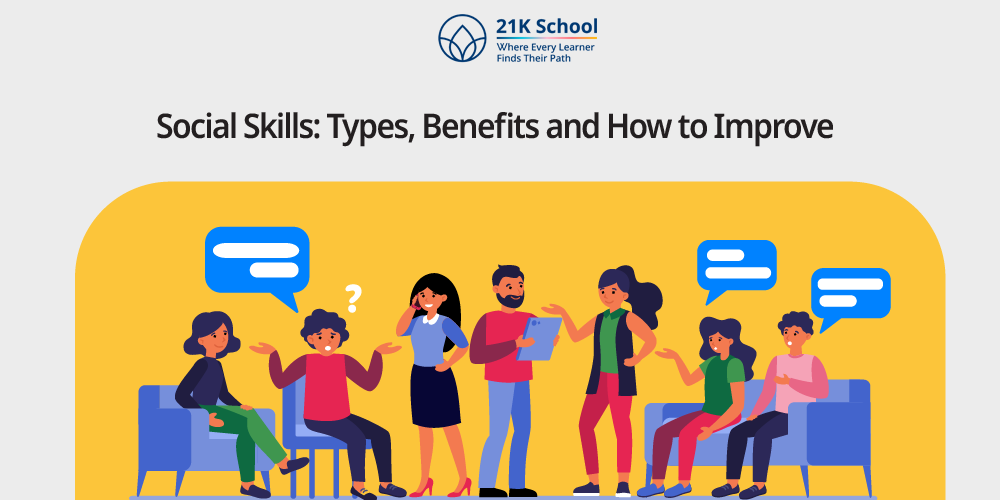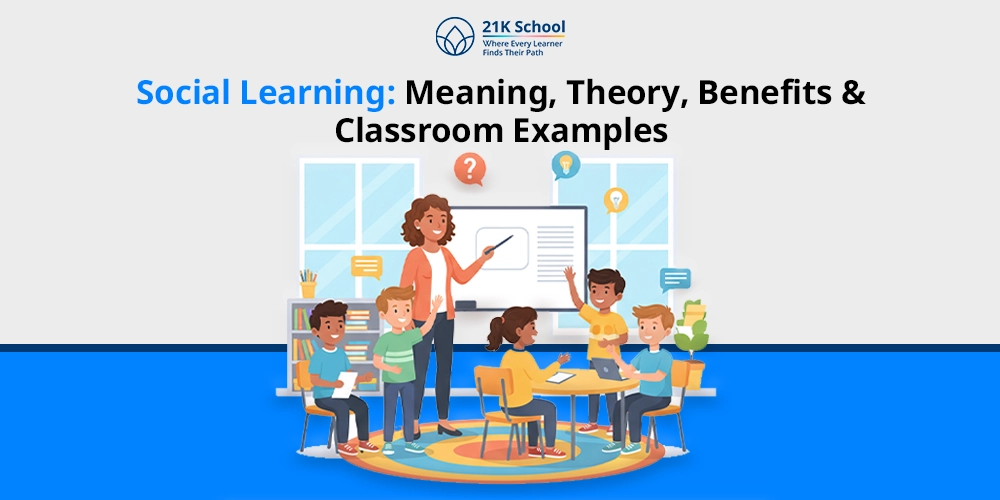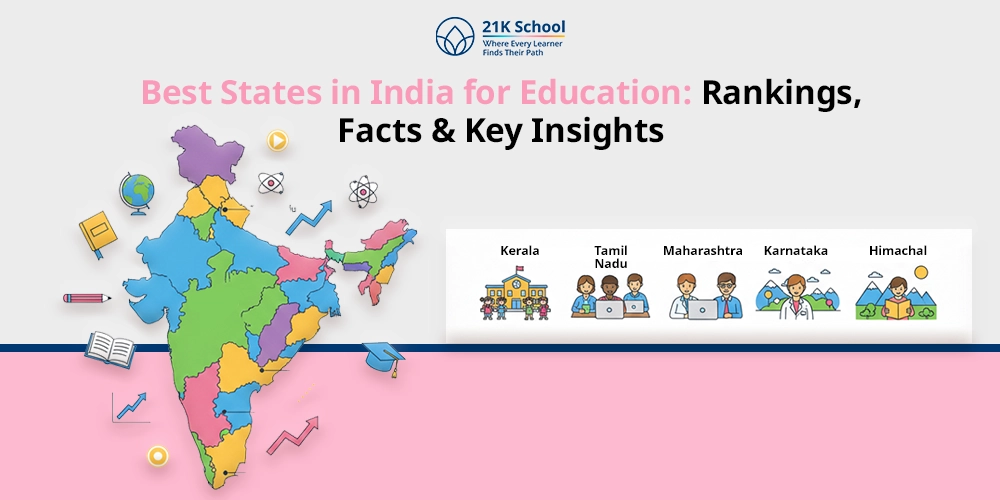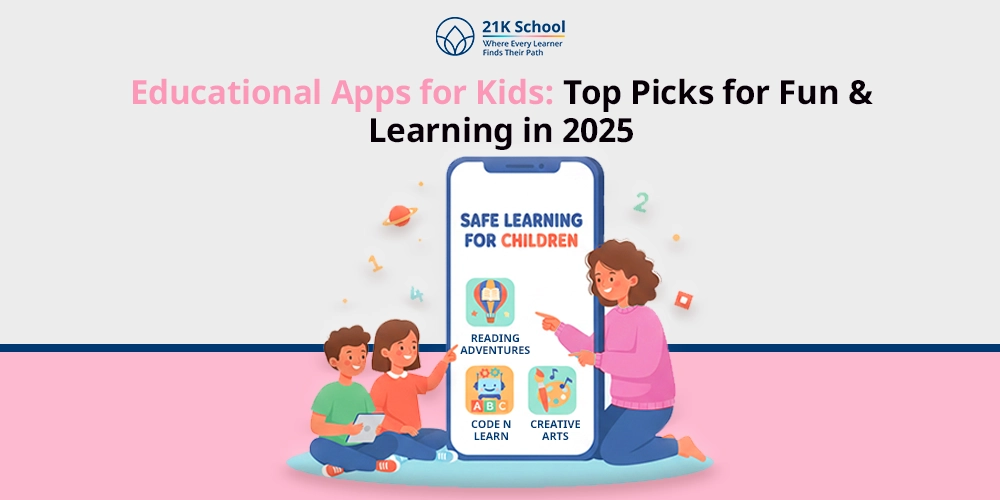
Have you thought why today social skills are this important in this dynamic world?
Social skills are very much like our assistants that deliver our messages to others while telling us how to manage those conversations and make it the best.
Can you imagine where there are no social skills and people don’t even know how to interact with others, or how to give response, or how to listen to others.
Social skills with its varied forms across cultures and diversities comes up with multiple verbal and non-verbal ideas of expressing views.
Lets dive deeper and understand its uses, benefits, real case examples, and other facts about social skills.
Contents
What Are Social Skills?
Social skills are the skills that encompasses abilities of socialisation and forming long relationships with people present around. It is not skills by birth, but are easily improved with practice.
These skills are different as they tell you how to interact effectively with others and make your way out in conflicting situations positively.
The verbal and non-verbal cues that you deliver often unknowingly are all branches of social skills that develop your aura and personality around this world.
Types of Social Skills
From birth to death everyone learns types of social skills through practice and experience that lead to unlimited settlements and peacefulness in life.
Here’s what looks like an elaboration:
1. Active Listening
We all know that people love when they feel important, valued, and paid attention to. Active listening lets us give that feeling to others while also growing our analytical skills and decision making .
Active listening gives us the ability to listen attentively to others and make them feel they are heard truly.
2. Communication Skills
Communication skills are developed since we are toddlers through verbal and non-verbal ways of presenting ideas. They consist of what you wanted to convey, and how you conveyed it.
It is the art that reflects qualities of speech and listening.
Communication skills belong to the primary section of social skills that lays the foundation of speaking, listening, and delivering information.
3. Empathy
Empathy is the skill to listen to others in a way that they feel seen and not just heard.
While empathy was earlier considered as an inborn trait, the research at Cambridge has revealed that empathy covers both learned skills and inner capacity of an individual.
So, for any person, empathy develops at different stages. It gives an individual the ability to really think cognitively, emotionally, and behaviourally, without letting our own personal beliefs come as a barrier.
4. Emotional Regulation
Yes, having frequent breakdowns and outbursts are not anyway natural. Emotional regulation is the remote that can keep these maladaptive behaviours, trigger points, and defense mechanisms in control of a person.
If the hard and confiding emotions are not let out by you, it is quite natural that they will surface unknowingly and uncontrollably at times you wouldn’t have imagined.
Emotional regulation teaches how to identify these emotions and beat them with patience and love for yourself.
5. Conflict Resolution
Conflict resolution is another skill that is being talked about in present days due to its demand in the world where disputes and disagreements have become common.
Conflict resolution stands for solving disagreements and presenting your own views with composure and assertiveness, and that too without making someone feel small.
It is crucial that you should learn this skill because it could improve your relationships with others like colleagues, boss, friends, clients, family, etc.
6. Assertiveness
Assertiveness is much like setting yourself up for respecting others and ownself while also standing up for yourself and putting firm boundaries.
When you know how to be assertive you don’t push others to fit into your shell, you just let them be and be yourself instead.
Assertive nature can be developed in your nature by living the experience of life and knowing yourself best.
7. Non-Verbal and Body Language
Communication skills also include other things besides just speaking and listening. Non-verbal cues and body languages play a key role in forming your communication skills much stronger and communicable.
It includes a series of behavioral and bodily reactions like subtle smiles, change in the size of eyes, sudden movements of face expressions,etc.
8. Cooperation and Teamwork
Cooperation and teamwork stays by each other’s side as they are similar in practice and leads to similar kinds of outcomes like team-building and professional relationships.
Cooperative learning and teamwork are two really vital skills for moving with social skills in head and in behaviour, and can be learnt with practice hours.
Why Are Social Skills Important?
Social skills are way more important than you think they are. They often lay the base for creating social relationships in social and informal settings.
These social skills are even required if you want to succeed in your future and build secure support systems in the life moving ahead.
Strong interpersonal skills also assist you in getting out of really obnoxious situations with the help of assertive control and healthy communication you learnt.
And not only these, the most fundamental thing of life which is genuine happiness is also found by implementing social skills in real life.
Benefits of Social Skills
Cultivating of social skills is as important for children as for adults because of the majority of positives that they bring into our lives.
Let’s discuss some of the most applicable benefits of social skills:
1. Building and Maintaining Relationships
Relationships that are healthy and safe keeps us really satisfied with the highs and lows of life, and can be only built through successful learning of social skills.
Your friends, family, colleagues and clients are all close to you and you feel loved because of these interactions and social connections.
2. Having Career Advancement
Maintaining social bonds lets you create highly efficient networks that can lead you to better places for career and prepare children for the future .
If you have power in your social network and good interpersonal skills, it can make you a leader and respectfully ahead of others.
3. Good Emotional Well-being
Another most crucial factor of life that is fulfilled by social skills is having good emotional intelligence and understanding.
A stable relationship with yourself and others keeps you sane and fosters your emotional well-being.
4. Better Academic Success
The crucial component of social skills that are teamwork and collaboration skills are all needed for academic success.
In school life, strong friendships and bonding with teachers train students to build good relationships from the start of their career.
How to Improve Social Skills?
Now after being attentive to the importance of social skills , learners need to attain and improve social skills as early as possible.
Here’s your improvement plan for interpersonal skills:
1. Master Active Listening
One of the most important factors that leads to refined social skills is active listening.
Active listening can be learnt easily if you exercise listening more than speaking.
You just have to nod in affirmation, ask questions about the situation narrated and stop being judgemental.
2. Exercise Non-verbal Communication
Everything aligned with whatever you don’t speak but serves the purpose of your expression of thoughts and views comes under non-verbal cues.
Learners can learn these skills by having enough social exposure and multiple interactions with age.
Non-verbal Communication comes up with facial expressions, changes in posture, eye contact communication skill , etc. that allow gaining strength in social skills as well.
3. Cultivating Empathy
Empathy is one of the most central parts of development of social skills in young children and adults.
It manifests itself as the feeling of being in another’s state of mind, emotions, feelings, and behaviour while listening to them, and understanding them.
Empathy can be taught to students through teaching them how to hold a safe space for others when they express themselves and confide in you.
Here’s in detail how to develop empathy in a child .
4. Role Play and Simulate
With an adequate amount of efficient role plays and simulations can increase the child’s chances of learning social communication skills.
Role plays and simulation motivate students to learn from situations portrayed and acted upon by their teachers or friends. Children can learn through second hand learning.
5. Get and Review Feedbacks
Getting feedback from friends, family, colleagues, and seniors can always be of help when done with an attitude of positivity and improvement.
You can ask them how you behaved in the last few days, weeks, or months and get their honest say on the same.
This can be your key to betterment and refinement of having good relationships and social skills.
6. Join Social Groups
Moving to the next step of improving social skills is joining social groups.
Social groups are groups of people that organise events, functions, and programs to meet and enlarge their social circle through sharing mutual conversations and interests.
These social groups can be joined and learnt from as it builds the social network and creates several opportunities for development of interpersonal skills.
7. Learn Conflict Resolution
Where there are people, there will be disagreements and dissatisfying reactions also.
Learning to manage and solve conflicts is another great property of practicing social skills as it allows settlement of two parties without hurting anyone’s sentiments and finding a midway for each.
Conflict resolution should be learnt through assertive communication and drawing lines on mutual respect.
8. Observe and Model Others
Kids are the best learners and they learn mostly through what they watch and imitation of the same.
For this part of attaining interpersonal skills, parents and mentors should be more aware while behaving and acting in public as well as personal space.
Modelling can also be done from movies and certain other situations that we see in our daily life.
Explore more about in detail to improve social skills among children’s.
Challenges in Developing of Social Skills
Social skills feel and sound easy to learn without much assistance from outside. The challenges in developing social skills are though manageable still needs mention:
1. Social Anxiety
For people with social anxiety, it can be a dreadful situation if they have to speak in public or talk to a stranger.
These kinds of people lack the capability to express themselves confidently, thus showing weaker hold in social situations.
Social anxiety can be won upon by repeatedly exposing yourself to situations that haunt you or make you feel uncomfortable.
Read more on how online schools help children with social anxiety .
2. Neurodevelopmental Conditions
Social skills are often far from attainment even due to biological reasons like neurodevelopmental conditions. One such example of these fathomable disorders is autism spectrum disorder or ADHD, etc.
Children with such disorders in the body find it difficult to understand and interpret normal social interactions. They find themselves struggling with even getting the non-verbal cues and facial expressions.
Teaching students with autism spectrum disorders can be laborious, but always worth it.
3. Lack of Exposure
Learners who do not get enough exposure to meet and greet with others or form relationships outside their close circle of family and siblings don’t really manage social situations effectively.
They find themselves wondering of the next statement or response they should put out to hold a conversation or build lasting relationships.
4. Trauma or Abuse
Another heinous barrier in the psychological, social, and cognitive development of children remains the trauma and abuse that they have faced in childhood or are still facing.
Trauma or abuse make a wrong picture of how relationships should be and maintained. Mostly these types of children grow up in a shell that they themselves cannot break even when they become adults.
With real awareness, understanding and therapy these experiences can be subsided and children can develop into healthy individuals with healthy relationships.
5. Cultural Differences
It is more than a time found that when cultures and surroundings are suddenly changed, we as humans feel difficulty in making bonds with others.
Cultural differences can be bridged with multiple interactions having cultural awareness , understanding, and mutual respect.
Examples of Social Skills
Some of the best use case examples of social skills in our surroundings are as follows:
1. Effective communication
Communication is the cornerstone of social skills building and maintaining. It consists of best delivery and receiving of information from both sides involved in a conversation.
A real life example can be an employee of real estate trying to crack the best deals with his presence and presentations.
2. Conflict Resolution
Two students disagreeing over a common topic arises in debate. Here, both the sides can be heard by the teacher and come at an unbiased and neutral conclusion about the topic only.
Conflicts can arise anywhere and in any situation. It is just about drawing a line that both parties agree to without being unfair to anyone.
3. Active Listening
Hearing someone vent and not really listening to them with attention and care can be disheartening.
If you practice well on active listening and make them feel comfortable and heard, you attained mastery in active listening.
4. Empathy
Having basic space and empathy for others is really needed in society, which is an ability to understand and identify others’ emotional status.
You will find empathy in your friends and family who support and cheer for you in any given situation.
5. Relationships Management
Management of relationships is found in every small and big event of our lives. Whether we are at our workplace or at our home, you must have seen people around you managing different relationships.
An example can be of your parents who stay low and respectful to your relatives even when they know they have been gossiping wrong things about your family.
Future of Social Skills
With the world changing and becoming more advanced in tech, the future of social skills looks very different. Today social skills are much more online-based than offline, due to the prevalence of what’s app, facebook, twitter, and instagram, etc.
The rigorous utilisation of emojis, gen-z slangs, and others have made this evident that now people are reading emojis rather than faces. They are more indulged in reading, well adapted to read between the lines of even texts without looking at their friends’ faces.
With the built up thrust from AI and automations, soft skills are being of more value and purpose focused, because no matter what AI (ChatGPT bot) is trained with, it can really give comfort to humans.
So, no matter what companies do with lay offs, the fields that require real human support and nurture like those of psychologists, nurses, etc. are all in safe cases.
Final Thoughts
Social skills are means of developing connections as human beings, either in an office, home, or school. The several types of social skills are all present in us, some in more and some in less quantity.
Learners who are in their learning age can still improve their social interactions with others by learning interpersonal skills with practice and focus.
And whatever challenges live ahead can be dealt with awareness and by taking required measures and actions. Even the neurodevelopmental conditions can be worked upon by providing appropriate techniques and assistance.
So, don’t wait for someone to tell you how important it is to grow as a social person having soft skills and work through acquiring social skills. This would keep your relationships and jobs secure.



